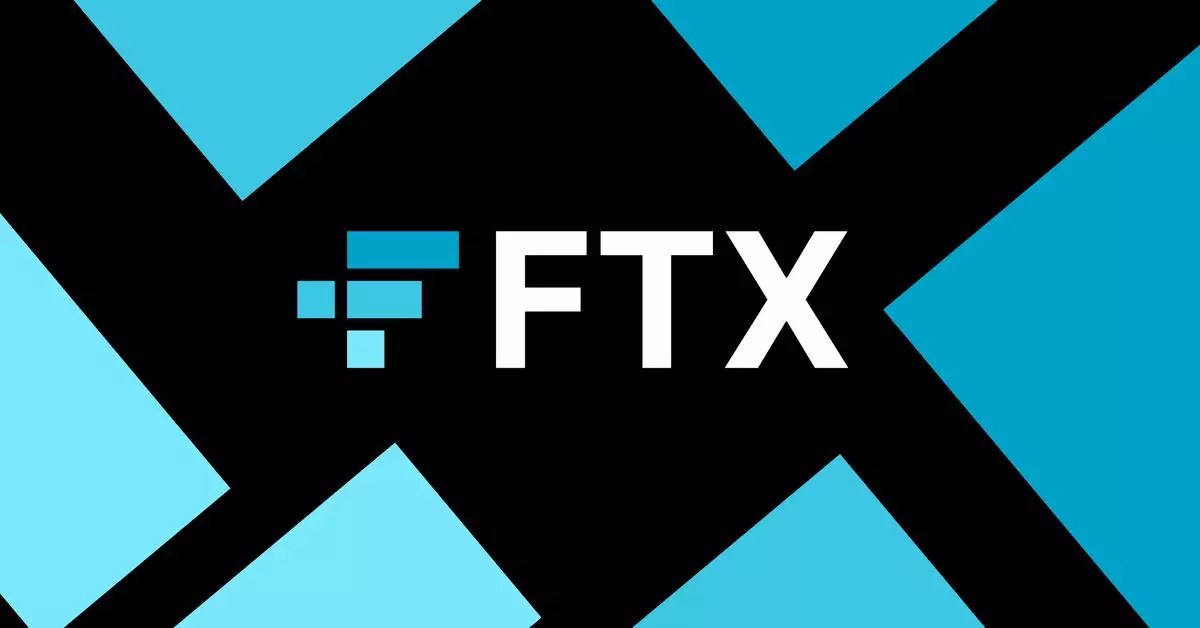The implosion of FTX, once a titan within the cryptocurrency exchange arena, serves as a cautionary tale about the vulnerabilities in the financial technology landscape. Founded by Sam Bankman-Fried, the exchange gained notoriety for its innovative approaches and massive valuation. However, its downfall was swift and catastrophic, rooted in extensive fraud and mismanagement. Bankman-Fried’s conviction and subsequent 25-year prison sentence signify more than just the end of his reign; they underscore a systemic failure within the company that sent shockwaves throughout the industry.
Recently, the FTX estate—the entity charged with recovering assets for creditors—filed a significant lawsuit against rival exchange Binance, spearheaded by Changpeng Zhao. This lawsuit claims that Binance unlawfully appropriated roughly $1.76 billion from FTX during a purported share repurchase agreement in July 2021. According to the allegations, Bankman-Fried used a combination of assets from both exchanges to finance the deal, despite the fact that FTX and its sister company, Alameda Research, were already teetering on the brink of insolvency.
The implications of this lawsuit go beyond the immediate financial loss, suggesting a web of deceit and complicity among top executives in what can only be described as a reckless gamble at the expense of customer trust and financial stability. This highlights a critical theme in the crypto landscape: the intersection of ambition and ethics, where the allure of profit often overshadows regulatory standards and corporate responsibility.
The lawsuit also points to a sequence of actions taken by Zhao that FTX alleges were orchestrated to undermine its stability. In a pivotal moment, Zhao’s tweets indicating Binance’s intentions to liquidate FTX tokens triggered a rush of withdrawals. The filing posits that these actions were not mere statements but calculated moves designed to dismantle a competitor. The surge in withdrawal requests exposed FTX’s untenable financial structure, leading to its eventual collapse. This raises questions about the accountability of influential figures in the age of social media and the profound impact their words can wield.
This unfolding drama has broader implications for the cryptocurrency sector as a whole. With FTX’s saga exemplifying the risks inherent to the largely unregulated cryptocurrency markets, there is a growing chorus advocating for enhanced oversight and stricter regulations to protect investors. As multiple lawsuits unfold, including claims against other entities like Waves blockchain founder Aleksandr Ivanov, the push for accountability and recovery is gaining momentum. Coupled with a court-approved scheme to repay $16 billion to affected customers, the legal battleground reveals not only the fiscal stakes but also the ethical quandaries facing the industry.
The lawsuit against Binance by the FTX estate is emblematic of the fallout from one of the most notorious frauds in cryptocurrency history. As legal proceedings continue to unfold, the aftermath of FTX’s collapse serves as a reminder of the urgent need for improved regulation and oversight in the digital currency domain. The events that transpired raise crucial questions about the responsibility of leaders, both for their organizations and the broader financial ecosystem. As the world watches, the outcome of these legal battles may well shape the future of cryptocurrency exchanges and their governance.


Leave a Reply